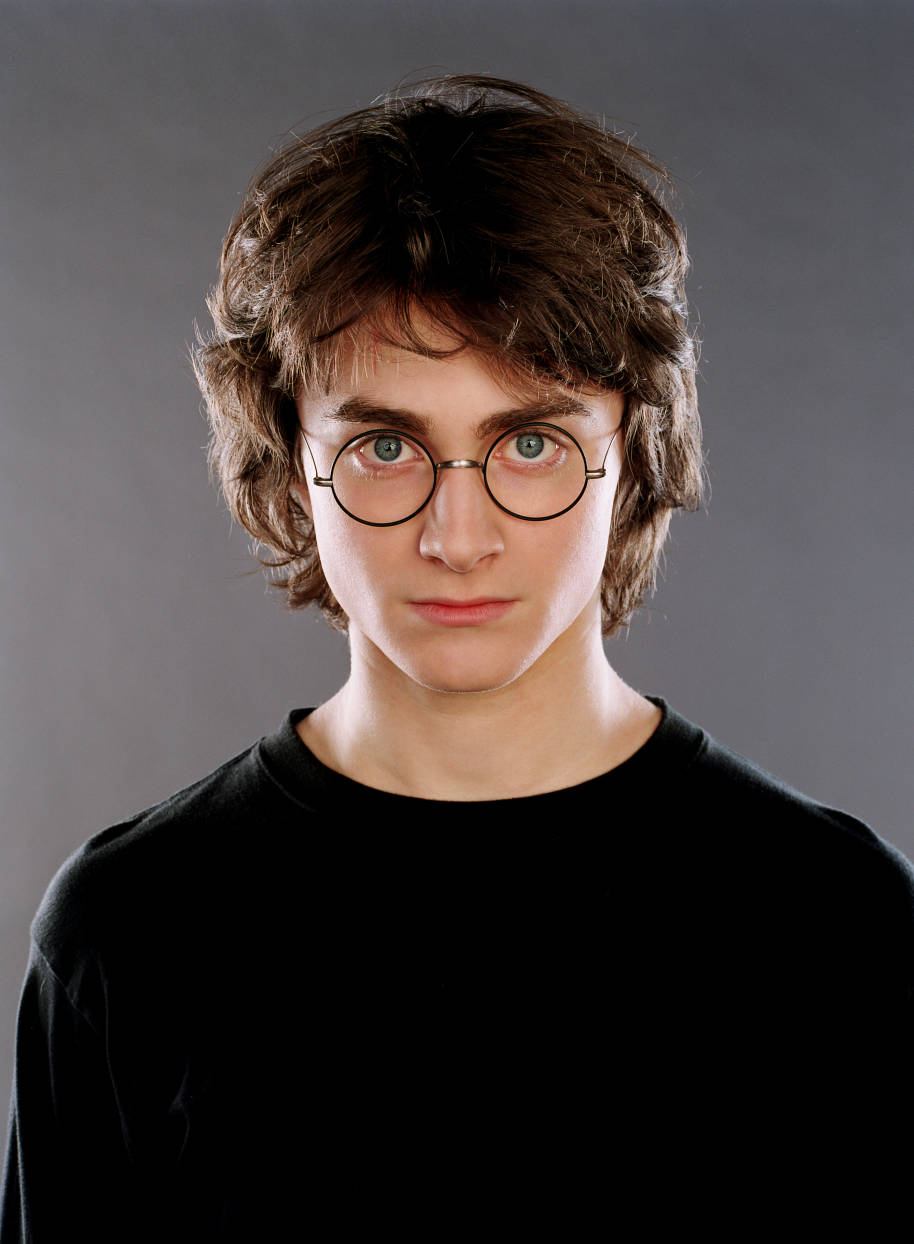- Total £0.00
Understanding Male Witches: Warlocks, Sorcerers, and More
Understanding Male Witches: Warlocks, Sorcerers, and More
The world of witchcraft is diverse and often misunderstood. When it comes to male practitioners of magic, various terms such as Warlock, Sorcerer, and Wizard are used. This article delves into the realm of male witches, elucidating their role in history, and the different terminologies associated with them.
Introduction to Witchcraft and Gender
Historically, the term “witch” has been associated with both men and women who were believed to possess supernatural powers. In ancient cultures, these individuals were often revered for their ability to heal, offer spiritual guidance, or wield control over natural elements. Today, real witches still practice in various forms, with Wicca being one of the most common paths.
What is a Male Witch Called?
Warlock
The term “Warlock” is often associated with male witches. However, it is essential to note that the word originates from Old English “wǣrloga,” meaning “oath-breaker” or “traitor,” and it was initially used to describe a person who deceived others with magic. While some male witches embrace this term, others find it derogatory and prefer alternative names.
Wizard and Sorcerer
The term “Wizard” is more popular in fictional works and usually denotes a wise man with magical powers. Meanwhile, “Sorcerer” is often used interchangeably with “Wizard” but sometimes implies a more innate or natural ability to wield magic, rather than an acquired skill through study.
Witch
Some male practitioners of magic prefer to be called witches, as they consider this term gender-neutral. They associate themselves with the practices and beliefs common to witchcraft and choose not to distinguish their role based on gender.
Types of Witches
Traditional Witch
A traditional witch bases their practices on historical witchcraft traditions. They often combine various elements from folklore, herbalism, and the craft's history. They can be of any gender, including males.
Wiccan
Wicca is a modern pagan witchcraft religion. Male Wiccans often refer to themselves as witches, and they play an equal role to female witches in their religious practices. They celebrate nature and often engage in ritualistic practices.
Hedge Witch
Hedge witches often work alone and focus on the liminal spaces between the spiritual and the physical world. They are known for astral projection, herbalism, and working with spirits. Male hedge witches might be particularly focused on the shamanic elements of the craft.
Ceremonial Witch
Ceremonial witches are known for their elaborate rituals, which often include specific tools, invocations, and ancient scripts. Male ceremonial witches might have roles akin to priests in these rituals.
Notable Male Witch Names in History and Pop Culture
Gerald Gardner

Gerald Brosseau Gardner (1884-1964) is a prominent figure in the history of modern witchcraft, often referred to as the "Father of Wicca." His life and work played a significant role in the revival and popularization of witchcraft in the 20th century.
One of Gardner’s significant contributions to Wicca is the "Book of Shadows," a book of rituals and spells that has become a central text for many Wiccans. Gardner claimed that some of its contents were passed down from the New Forest Coven, but he also acknowledged incorporating elements from various sources, including the writings of Aleister Crowley and other occultists, as well as his own contributions.
Gerald Gardner's influence on modern witchcraft is immense. Wicca, as established by Gardner, has spread across the world and has become one of the most prominent forms of modern witchcraft. Many Wiccan traditions and covens today trace their roots directly back to Gardner's teachings and writings.
Aleister Crowley

Aleister Crowley, born Edward Alexander Crowley (1875-1947), was an English occultist, ceremonial magician, writer, and a highly polarizing figure of the early 20th century. Often referred to as "the wickedest man in the world" by the press of his time, Crowley's complex personality and controversial practices have continued to capture imaginations.
One of Crowley's most significant contributions to the modern spiritual landscape is his establishment of the religious movement Thelema. The tenets of Thelema were largely inspired by experiences Crowley claimed to have had in 1904 in Cairo, Egypt. According to Crowley, a spiritual entity known as Aiwass contacted him and dictated to him the text of "The Book of the Law." This book, consisting of three chapters, served as the foundational text for Thelema.
Crowley was a prolific writer and ceremonial magician. He wrote extensively on a variety of topics, including mysticism, magic, and Eastern practices. His works include “Magick (Book 4)”, “The Book of Lies”, and “The Book of Thoth”. He was known for his knowledge of Tarot, and he created his own deck called the Thoth Tarot.
Merlin
Merlin, a legendary figure in Arthurian legends, has been depicted as a wise advisor, magician, and seer. His character, which combines elements of magic and wisdom, has been an archetype for wizards in literature and pop culture. This section delves into the enigmatic character of Merlin, his origins, his role in the Arthurian legends, and his portrayal in popular culture.
Merlin’s character has had a lasting influence and has been depicted in numerous films, television shows, and books. Notable portrayals include the 1963 Disney animated film "The Sword in the Stone," the BBC series "Merlin," and his character in the 2004 film “King Arthur.”
Merlin often serves as the archetype for the wise old wizard, with his character influencing later fictional wizards such as Gandalf from “The Lord of the Rings” and Dumbledore from the “Harry Potter” series.
Harry Potter

In popular culture, Harry Potter, the titular character of J.K. Rowling’s series, is arguably the most famous male wizard of modern times.
Conclusion: Embracing Diversity in Witchcraft
Male witches, whether they be called warlocks, wizards, sorcerers, or simply witches, have a rich history and continue to be an integral part of modern witchcraft and magical practices. It is important to respect the diversity and personal preferences in naming and to recognize the valuable contributions that individuals of all genders make to the ever-evolving world of witchcraft.

